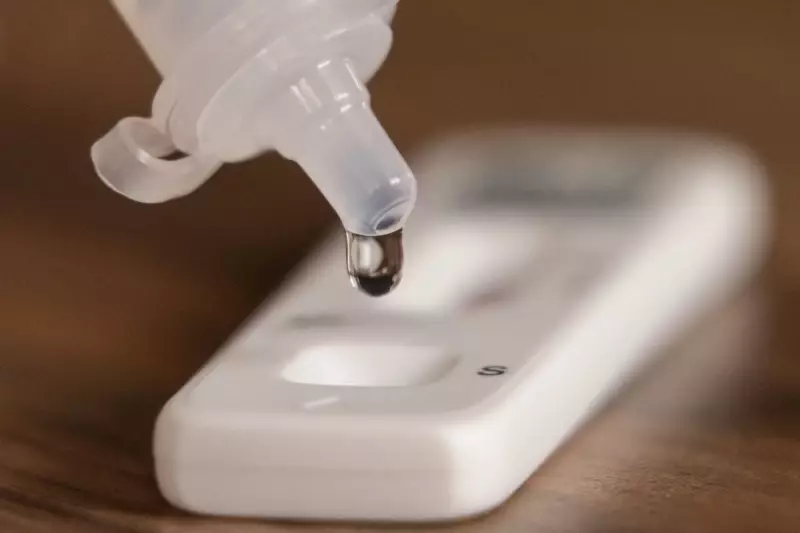
In a major breakthrough that could help millions, British scientists have finally cracked one of COVID-19's most puzzling mysteries: why the virus robs people of their sense of smell.
The Biological Breakthrough
Researchers have discovered that COVID-related smell loss isn't caused by nerve damage as previously thought, but rather by an intense immune response that attacks the delicate cells responsible for our sense of smell. This revelation comes from extensive analysis of nasal tissue samples from COVID-19 patients.
What Really Happens in Your Nose
The study reveals that when the coronavirus enters the nasal cavity, it triggers a massive influx of T-cells - the immune system's special forces. These cells launch such a powerful attack against the virus that they inadvertently damage the surrounding sustentacular cells, which are crucial for supporting smell-detecting neurons.
"It's like using a sledgehammer to crack a nut," explained one researcher. "The immune response is so vigorous that it causes collateral damage to the very structures needed for smelling."
Why This Discovery Matters
This finding is particularly significant because it explains why most people eventually recover their sense of smell. Since the smell-detecting neurons aren't permanently destroyed, they can regenerate once the immune assault subsides.
The research also helps explain why some people experience prolonged smell issues - their immune response may be more persistent or intense.
Hope for Future Treatments
Understanding this mechanism opens new doors for developing treatments that could calm the immune response in the nasal area, potentially speeding up recovery for those suffering from long-term smell distortion or loss.
With smell playing a crucial role in taste, appetite, and even detecting danger, this research represents a significant step toward restoring normalcy for COVID long-haulers.





